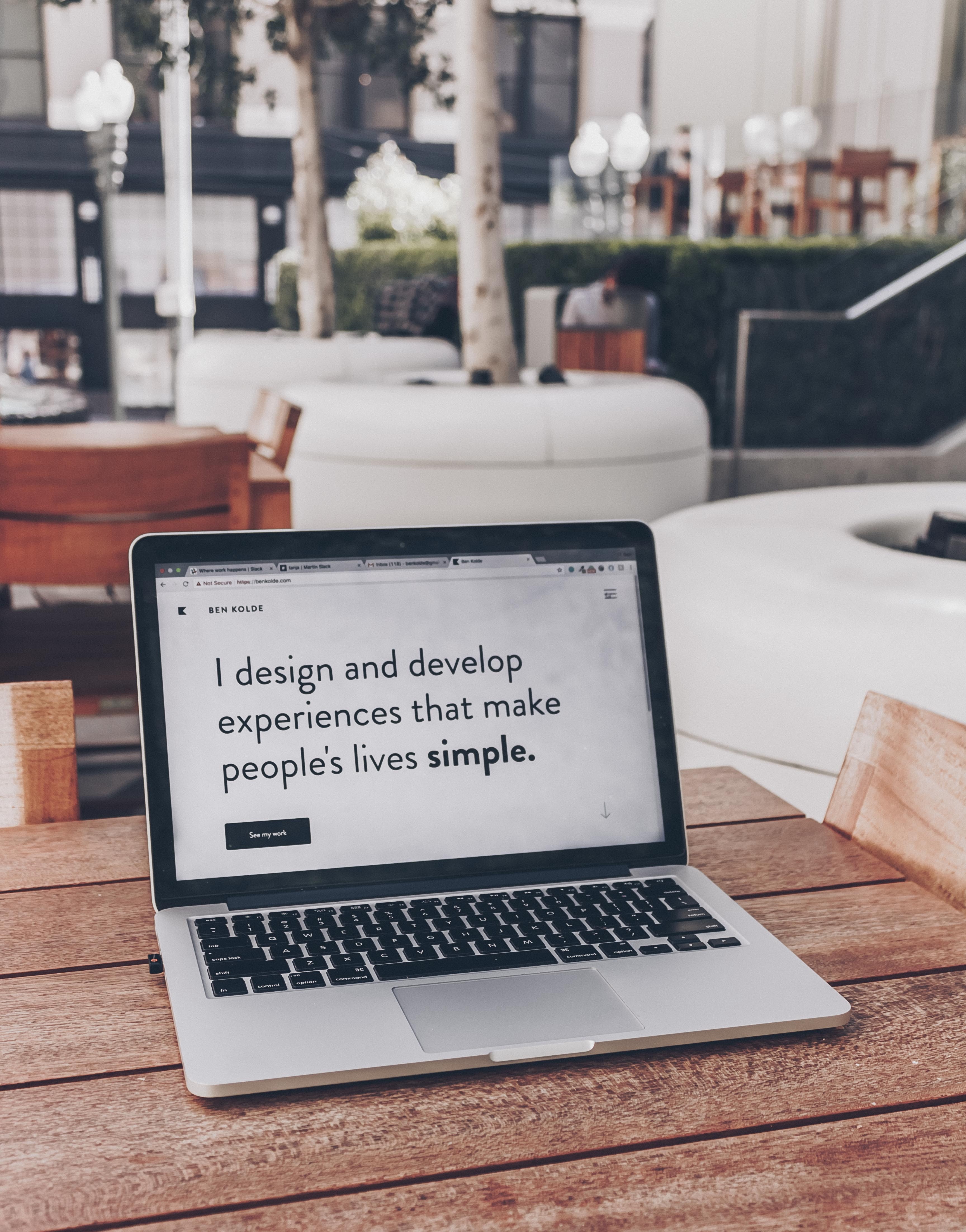Today, it can be challenging to find a balance between professional responsibilities and well-being. We often feel pressure to excel in our careers while also trying to maintain meaningful relationships and take care of ourselves. However, finding this balance is crucial for our mental and physical health, as well as our overall happiness and success in life. Jonathan Schacher explores practical strategies to help you achieve a healthy equilibrium between work and personal life. 
Understanding the Struggle
Work-life balance is a struggle for many individuals in today’s society. With the increasing demands and expectations from work, finding time for personal life activities and responsibilities can be challenging. The pressure to excel in one’s career and meet societal standards of success often leads to neglecting personal needs and relationships. This imbalance might cause burnout, stress, and overall dissatisfaction with life.
Moreover, with the rise of technology, separating work from personal life has become even more challenging. The constant accessibility and expectation to always be available for work can blur the boundaries between the two. This can result in individuals feeling like they are constantly working and never truly disconnecting or being present in their personal lives.
Strategies for Achieving Balance
- Set Boundaries: One key strategy for achieving work-life balance is setting boundaries. This can include setting specific working hours, turning off work notifications during personal time, and prioritizing personal commitments over work when necessary.
- Prioritize Self-Care: Self-care is crucial in maintaining a healthy work-life balance. This can include regular exercise, getting enough sleep, and taking breaks throughout the workday to recharge and avoid burnout.
- Learn to Say No: It is important to learn how to say no when work demands encroach on personal time. Saying yes can lead to overcommitment and neglect of personal needs.
- Set Realistic Goals: Setting realistic goals for work and personal life can help balance the two. This includes being honest about workload and not taking on more than what can be realistically accomplished.
The Benefits of Balance
Finding a balance between hard work and personal life is important for success. It benefits mental and physical health, boosts productivity and motivation, and fosters stronger relationships with others. By allocating time for personal activities, individuals can create a more enriching and fulfilling life beyond the confines of work responsibilities.
Moreover, finding a healthy balance between work commitments and personal life can significantly contribute to preventing burnout and alleviating stress. Individuals can effectively recharge by carving out time for activities promoting relaxation and well-being, enabling them to return to work with rejuvenated energy and focus. This equilibrium between professional responsibilities and personal fulfillment not only enhances overall satisfaction but also paves the way for success in both career and personal endeavors.
Finding Flexibility in Work
With the rise of remote work, individuals today navigate a new landscape where the boundaries between work and personal life are more fluid. This shift has allowed people to tailor their schedules to accommodate professional responsibilities and personal aspirations, fostering a more harmonious way of living. Employers, understanding the value of a well-balanced life, are increasingly embracing the concept of work-life balance and providing flexibility to enhance employee well-being and productivity.
Flexible work arrangements include remote work from home, condensed workweeks, and adaptable schedules. These setups empower individuals to balance personal obligations alongside professional duties effectively. Moreover, they foster a positive work environment that prioritizes the overall well-being and satisfaction of its workforce.
Creating a Healthy Mindset
In addition to implementing practical strategies, creating a healthy mindset is crucial in achieving work-life balance. This includes understanding that taking breaks and prioritizing personal life over work is sometimes okay. It also involves letting go of the guilt or pressure to work and being constantly present in the moment.
Practicing mindfulness can also help maintain a healthy mindset. Being present and aware of one’s thoughts and emotions can help manage stress and balance work and personal life. Practicing gratitude for the positive aspects of work and personal life can lead to a more balanced perspective.
Final Thoughts
In conclusion, balancing hard work and personal life is crucial for overall well-being and success. By setting boundaries, prioritizing self-care, and maintaining a healthy mindset, individuals can find the balance they need to thrive in both areas. With the increasing recognition and implementation of flexible work arrangements, finding this balance is becoming more attainable for many individuals. So, it is important to prioritize a healthy work-life balance and continuously strive towards achieving it.















